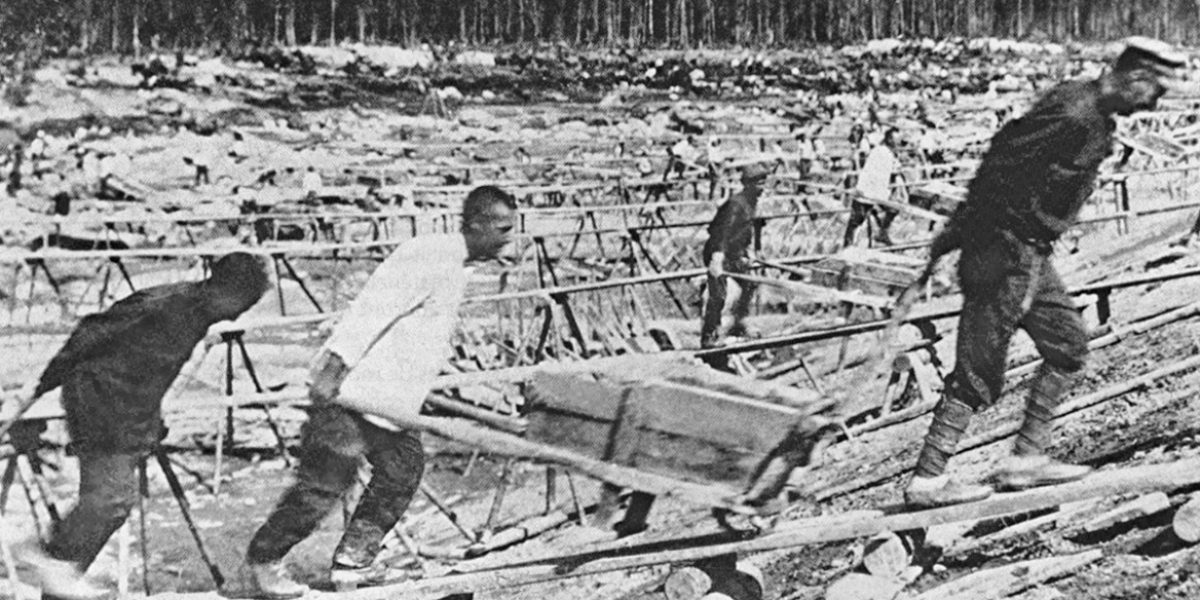Prison and Hard Labor in Russian Literature

Faculty:
Course Schedule:
F23 | Oct 31 - Dec 1 | Tue Th 4:10 – 5:30 PM Berlin (UTC + 2)
Professor: Dmitry Bykov
Semester: Fall 2023
Subject: LIT
Course Level: 100
Number of Bard Credits: 1
Course Title: Prison and Hard Labor in Russian Literature
Max Enrollment: 22
Schedule: 5 weeks (October 31 – December 1),Tue Thurs 4:10 – 5:30 PM Berlin (UTC + 2)
Distribution Area: no
Cross-Listing(s): no
Language of Instruction: Russian
Most Russian novels begin in a salon and end in hard labor colony – mostly, because the number of topoi in Russian life has been quite limited. It is also obvious that most salon conversations also lead either to prison or to emigration. Russian documentary prose, the “new journalism,” which, in Russia emerged way before Truman Capote and Thomas Wolfe, was traditionally linked to the prison theme. Among those works are Dostoevsky’s “Notes from the House of the Dead,” Chekhov’s “Sakhalin Island,” Doroshevich’s “Hard Labor,” Korolenko’s “Everyday Phenomenon,” and Stepnyak-Kravchinsky’s “Underground Russia” – the great examples of investigative novels. Unfortunately, the Soviet state helped Russian writers expand the canon of prison literature further. Prison and hard labor is not only the space of borderline radicalization of philosophical arguments, and not only the place where “last questions” are being asked, but a certain metaphysical area of Russian life, where almost nothing distract the sufferer from the essence of being. Our existence presents itself there in all of its brutal nakedness: there is no decorum in it, and no consolation is in sight. This is why the prison literature by Evgeniia Ginzburg, Varlaam Shalamov, and Alexander Solzhenitsyn, Eduard Limonov’s “Triumph of Metaphysics,” and the prison poetry of Evgeniia Berkovich convey what is most essential about Russian life, or say something that is more essential than the realistic prose about mundanity. There are no great writer who has not approached a prison theme, and there are no outstanding writers in Russia who have not been affected by this theme in return. The course, focused on the historical material from the 1860s through 2023, will address documentary prose, memoirs, human rights texts, prison poetry, and songs of the criminal underworld
